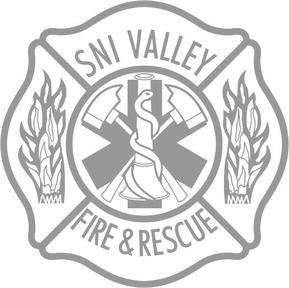
Grilling and BBQ Safety
NFPA Safety Videos
|
|
|
|
Copyright ©2006 -
Sni Valley Fire Protection District
|
|

|
|
|
|
Copyright ©2006 -
Sni Valley Fire Protection District
|
|
